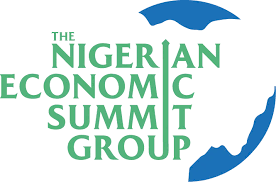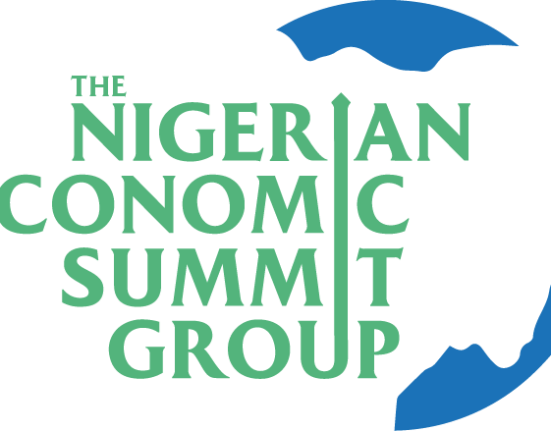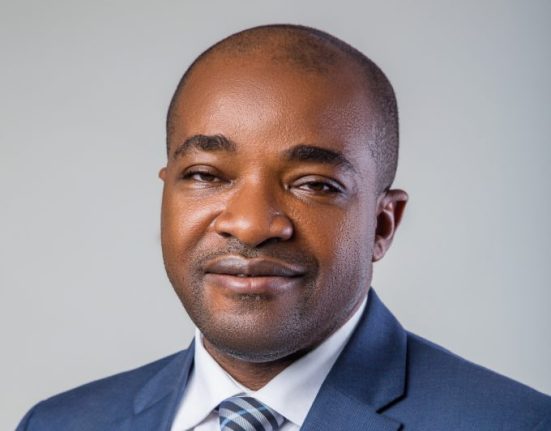The Nigeria Economic Summit Group (NESG) has cautioned that the Federal Government could face significant revenue shortfalls if it does not proceed with a planned increase in the Value-Added Tax (VAT) rate as part of ongoing tax reforms
Speaking at an interactive media session in Abuja over the weekend, the Chief Executive Officer of NESG, Dr. Tayo Aduloju, emphasized the need for fiscal adjustments to sustain government revenue while simplifying the tax system.
“Without those rate hikes, it means that the government might lose some revenue,” Aduloju stated, highlighting that VAT reforms are crucial to maintaining financial stability and supporting the government’s budgetary commitments.
Balancing Tax Reforms with Revenue Growth
Dr. Aduloju explained that while reducing the multiplicity of taxes is necessary, this should not come at the cost of weakening the government’s revenue base. He stressed that an efficient VAT system, even with a delayed increase in rates, could improve tax collection and attract foreign investments.
“If we win on the reform of the VAT system, and even if we postpone the rate hike by three years, it will still be a win. That will immediately show efficiency, and we can attract more companies to invest in Nigeria,” he added.
The NESG CEO also pointed out that Nigeria has untapped assets capable of attracting foreign direct investment (FDI), provided regulatory and policy barriers are addressed.
Economic Concerns and Opposition to VAT Increase
Despite the government’s push for tax reforms, concerns have been raised by various stakeholders, including the Trade Union Congress (TUC) and the Nigeria Governors’ Forum (NGF). Both groups have warned that an increase in VAT could worsen the economic hardship faced by Nigerians.
Additionally, the House of Representatives recently rejected a proposed staggered VAT increase to 15% by 2030, opting to retain the current 7.5% rate.
Inflation, Energy Costs, and Policy Coordination
Beyond tax reforms, Dr. Aduloju underscored the need for better coordination between monetary and fiscal policies to combat rising inflation. He linked inflationary pressures to high energy costs, noting that inefficiencies in the downstream petroleum sector have contributed to persistent price hikes.
As Nigeria navigates its economic challenges, experts continue to urge the government to strike a balance between tax efficiency, revenue generation, and investment-friendly policies to drive sustainable growth.




